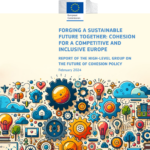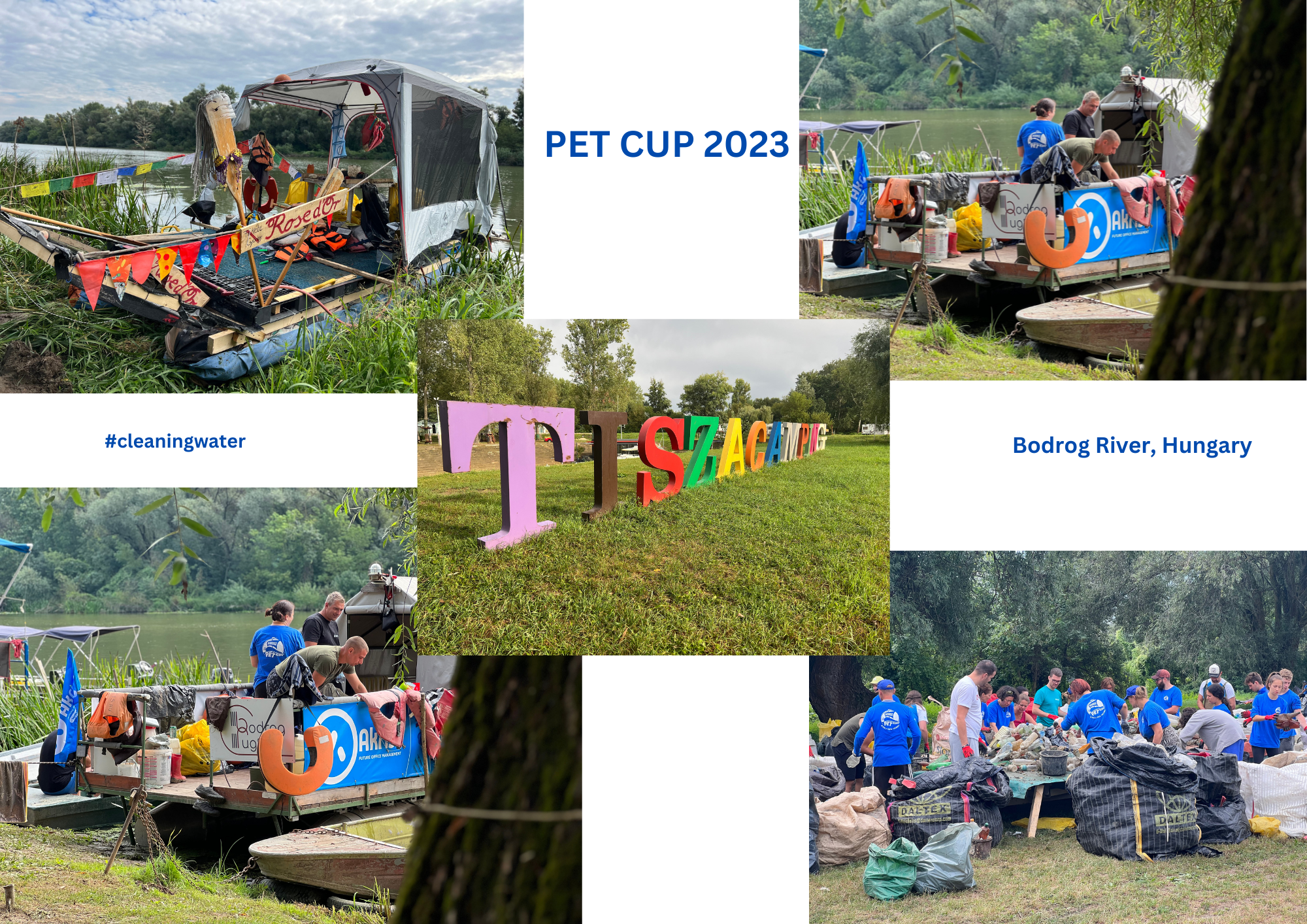© Danube Strategy Point
Plastic pollution is a significant concern worldwide, prompting action at both the global and EU levels. The ongoing negotiations for a UN convention on plastic pollution hold promise for bringing about crucial and much-needed changes. Before this, the EU had already implemented its plastics strategy focused on promoting the sustainable and safe use of plastics. The plastic pollution of rivers can be managed with complex planning and international cooperation.
After three years of development, research and consultation, the TidyUp project has recently published its study on Policy Guidance on Tackling Riverine Plastic Pollution in the Danube River Basin. Based on the experiences of river plastic pollution of the experts in the Danube basin, the new policy guide helps the protection of rivers worldwide.
The policy document is the result of the cooperation of 21 organisations from Austria, Slovakia, Hungary, Serbia, Romania, Bulgaria and Ukraine. The project prepared a comprehensive survey of the latest international and national legal and environmental protection measures related to the quality of surface waters of the project countries, and provides a comprehensive overview of the relevant sector-specific legislation, describing the institutional structure of each country and the pollution-related mechanisms.
The policy paper offers guidance in the following areas:
- Provides recommendations for essential regulatory measures to establish effective waste management systems and combat illegal waste disposal, including the review of existing waste management facilities.
- Proposes financial and planning instruments to bolster these measures, such as environmental protection guarantees.
- Highlights key strategic interventions aligned with the waste hierarchy, prioritizing waste management options based on environmental benefits.
- Stresses the critical importance of closely coordinating effective monitoring of plastic pollution and implementing regular and comprehensive river cleaning activities.
- Underlines the significance of education, public opinion shaping, and fostering attitude change as crucial elements for promoting more responsible and sustainable management of plastics and other waste materials.
The TidyUp project implementation was facilitated by the EUSDR Priority Area 4 – Water Quality and its results are in line with the goals of this priority area.




